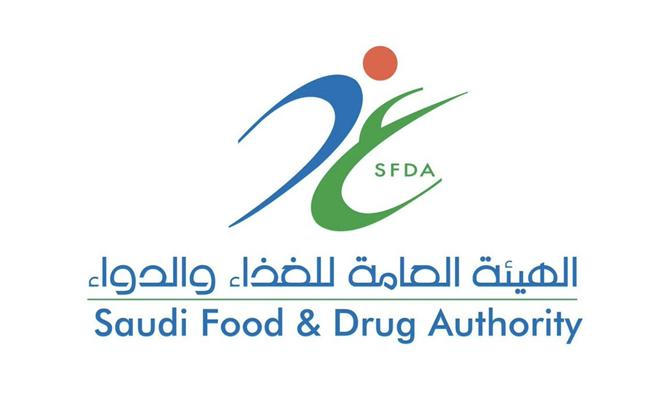

- Hajj And Omrah
-
About SFDA
About SFDA
SFDA in vision 2030
Authority Strategy
Career and Life
- Information Lists
-
Areas
- Consumer Corner
- Media Centre
- Eservices
Effectiveness of single dose rifampicin in preventing leprosy in close contacts of patients with newly diagnosed leprosy
Effectiveness of single dose rifampicin in preventing leprosy in close contacts of patients with newly diagnosed leprosy
Effectiveness of single dose rifampicin in preventing leprosy in close contacts of patients with newly diagnosed leprosy
2008-06-04
Objective To determine the effectiveness of chemoprophylaxis using a single dose of rifampicin to prevent leprosy in close contacts.
Participants 28092close contacts of 1037 patients with newly diagnosed leprosy. 21711 contacts fulfilled the study requirements.
Interventions A single dose of rifampicin or placebo given to close contacts in the second month of starting the index patient’s treatment, with follow-up for four years.
Main outcome measure Development of clinical leprosy.
Results 18869 of the 21 711 contacts (86.9%) were followed-up at four years. Ninety one of 9452 contacts in the placebo group and 59 of 9417 in the rifampicin group had developed leprosy. The overall reduction in incidence of leprosy using a single dose of rifampicin in the first two years was 57% (95% confidence interval 33% to 72%). The groups did not differ between two and four years. The overall number needed to treat to prevent a single case of leprosy among contacts was 297 (95% confidence interval 176 to 537). Differences were found between subgroups at two years, both in reduction of incidence and in number needed to treat.
Conclusion A single dose of rifampicin given to contacts of patients with newly diagnosed leprosy is effective at preventing the development of clinical leprosy at two years. The effect was maintained, but no difference was seen between the placebo and rifampicin groups beyond two years.
Source: BMJ 2008;336:761-764 (5 April), doi:10.1136/bmj.39500.885752


